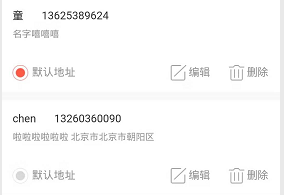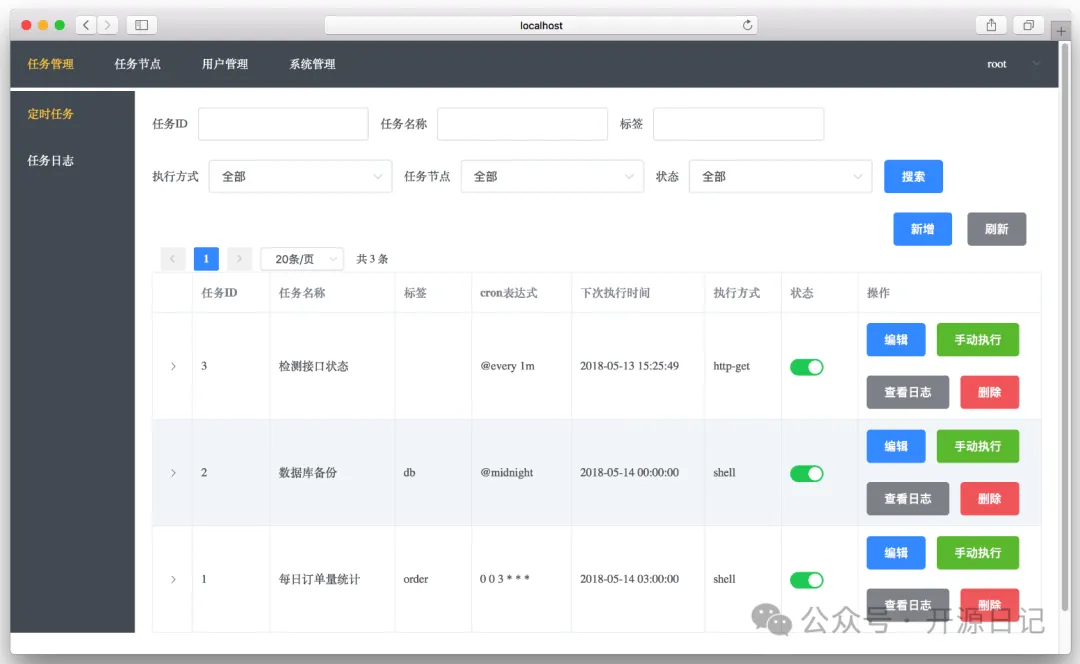本文实例讲述了php实现的数组转xml。分享给大家供大家参考,具体如下:
0x00 需求
最近要做百度、360、神马搜索的网站sitemap,三家的格式都是xml,然而具体的细节还有有差别的。
一开始用的是dom,没有使用sax,写了几段便觉得太傻了,想到有没有数组转xml的库呢?
0x01 array2xml
搜索了一下,还真有地址为git,于是开始撸起袖子开始干。
示例如下:
THE CODE:
$xml = new ArrayToXML(); print $xml->buildXML($input);
INPUT:
$input = array(\'product\' => array( \'@id\' => 7, \'name\' => \'some string\', \'seo\' => \'some-string\', \'ean\' => \'\', \'producer\' => array( \'name\' => null, \'photo\' => \'1.png\' ), \'stock\' => 123, \'trackstock\' => 0, \'new\' => 0, \'pricewithoutvat\' => 1111, \'price\' => 1366.53, \'discountpricenetto\' => null, \'discountprice\' => null, \'vatvalue\' => 23, \'currencysymbol\' => \'PLN\', \'#description\' => \'\', \'#longdescription\' => \'\', \'#shortdescription\' => \'\', \'category\' => array( \'photo\' => \'1.png\', \'name\' => \'test3\', ), \'staticattributes\' => array( \'attributegroup\' => array( 1 => array( \'@name\' => \'attributes group\', \'attribute\' => array( 0 => array( \'name\' => \'second\', \'description\' => \'desc2\', \'file\' => \'\', ), 1 => array( \'name\' => \'third\', \'description\' => \'desc3\', \'file\' => \'\', ), ) ) ) ), \'attributes\' => array(), \'photos\' => array( \'photo\' => array( 0 => array( \'@mainphoto\' => \'1\', \'%\' => \'1.png\', ), 1 => array( \'@mainphoto\' => \'0\', \'%\' => \'2.png\', ), 2 => array( \'@mainphoto\' => \'0\', \'%\' => \'3.png\', ) ) ) ));
OUTPUT (XML data):
<?xml version=\"1.0\" encoding=\"UTF-8\"?> <data> <product id=\"8\"> <description><[CDATA[]]></description> <longdescription><[CDATA[]]></longdescription> <shortdescription><[CDATA[]]></shortdescription> <name>some string</name> <seo>some-string</seo> <ean></ean> <producer> <name></name> <photo>1.png</photo> </producer> <stock>123</stock> <trackstock>0</trackstock> <new>0</new> <pricewithoutvat>1111</pricewithoutvat> <price>1366.53</price> <discountpricenetto></discountpricenetto> <discountprice></discountprice> <vatvalue>23</vatvalue> <currencysymbol>PLN</currencysymbol> <category> <photo>1.png</photo> <name>test3</name> </category> <staticattributes> <attributegroup name=\"attributes group\"> <attribute> <name>second</name> <description><p>desc2</p></description> <file></file> </attribute> <attribute> <name>third</name> <description><p>desc3</p></description> <file></file> </attribute> </attributegroup> </staticattributes> <photos> <photo mainphoto=\"1\">1.png</photo> <photo mainphoto=\"0\">2.png</photo> <photo mainphoto=\"0\">3.png</photo> </photos> </product> </data>
可以看到,# 表示CDATA,@表示属性,%代表有属性时这个元素本身的值,非常简洁。
另外数组要把重复元素提到外面作为数组的key,重复元素的各种属性是数组的值,并不需要像上面那样指定 0、1、2索引,直接用就可以了。
0x02 改进
可是发现有一个bug,根节点不能以CDATA开始。
另外还缺少一个功能,CDATA和属性不能同时存在。
于是阅读源码,改进了这两项,提交给了作者,并被合并了。
我额外增加了一个符号 “!” ,当CDATA 和属性同时存在时,写法为:
$input = [ \"key\" =>[ \"@id\" => 1, \"!\" => 2 ] ]
<key id=\”1\”><![CDATA[2]]></key>
PS:这里再为大家提供几款关于xml操作的在线工具供大家参考使用:
在线XML/JSON互相转换工具:
http://tools.freexyz.cn/code/xmljson
在线格式化XML/在线压缩XML:
http://tools.freexyz.cn/code/xmlformat
XML在线压缩/格式化工具:
http://tools.freexyz.cn/code/xml_format_compress
XML代码在线格式化美化工具:
http://tools.freexyz.cn/code/xmlcodeformat
更多关于PHP相关内容感兴趣的读者可查看本站专题:《PHP针对XML文件操作技巧总结》、《PHP数组(Array)操作技巧大全》、《php字符串(string)用法总结》、《php面向对象程序设计入门教程》、《php+mysql数据库操作入门教程》及《php常见数据库操作技巧汇总》
希望本文所述对大家PHP程序设计有所帮助。










暂无评论内容